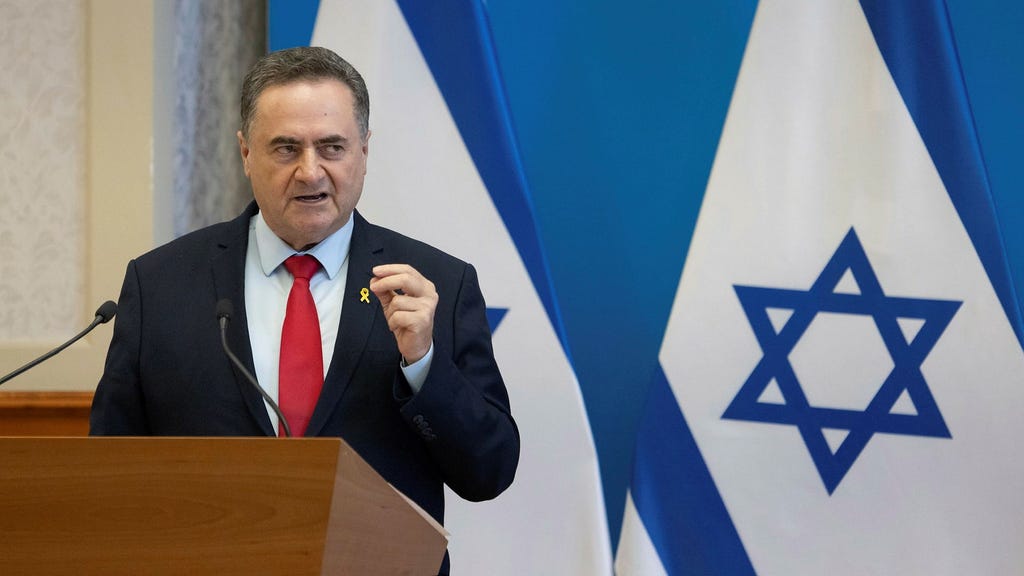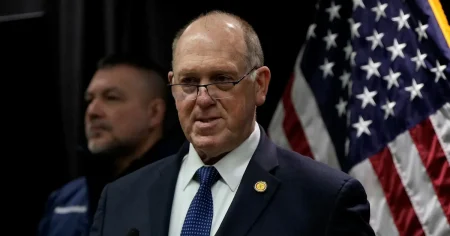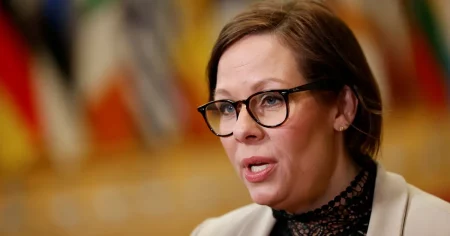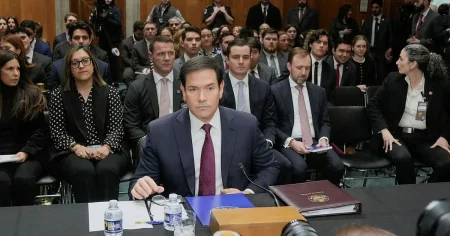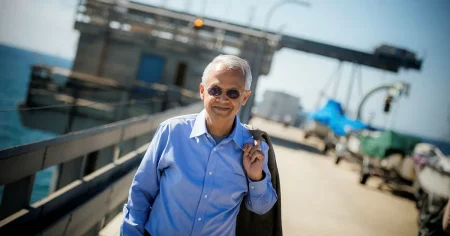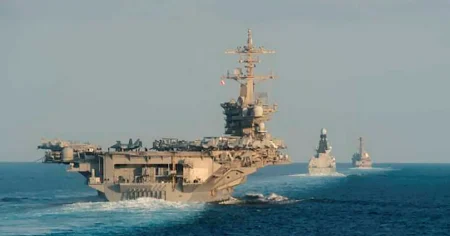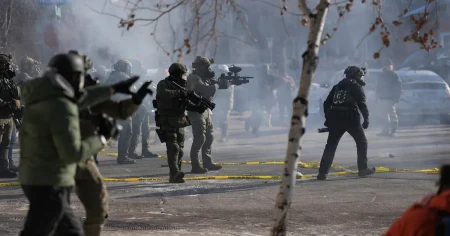Israel’s stance on the Gaza hostage situation is complex, intertwined with domestic politics, regional negotiations, and international considerations. Recent statements by Israeli officials, while seemingly aimed at influencing hostage exchange talks, also reveal deeper strategic calculations regarding the future of Gaza.
The current negotiations, mediated by Qatar, have hit a roadblock. Hamas demands a permanent ceasefire in Gaza before releasing all Israeli hostages. While willing to release some vulnerable captives—women, children, the elderly, and the ill—in exchange for a temporary six-to-eight-week truce, their insistence on a permanent ceasefire before full release suggests a strategic play for leverage, aiming to secure long-term gains beyond the immediate hostage crisis. Israel, however, appears resistant to such preconditions, suggesting a potential impasse in the negotiations. This dynamic highlights the precarious balance between the urgency of securing the hostages’ release and the long-term implications of any concessions made.
The internal political landscape within Israel further complicates the situation. Statements from figures like Israel Katz, considered a potential successor to Prime Minister Netanyahu, signal a rejection of the US-Saudi proposed model for Gaza’s future. This model envisions peaceful Palestinian administration of the territory, supported financially by Arab nations. Katz’s stance reflects a desire to appeal to the Likud party base, positioning himself as a strongman against Palestinian autonomy. This internal political maneuvering uses the hostage crisis as a backdrop, potentially undermining any compromise that could bring about a swift resolution.
Further complicating the internal dynamics, right-wing parties within the Israeli coalition hold even more extreme visions for Gaza’s future. Proposals to encourage Palestinians to leave the Gaza Strip and reinstate Jewish settlements evacuated in 2005 underscore the ideological battle for control of the territory. These views, while not necessarily representative of the entire Israeli government, contribute to the complex internal political landscape that influences negotiations and long-term strategy concerning Gaza.
The involvement of the United States adds another layer of complexity. While Donald Trump’s administration has expressed a desire for a quick end to the conflict, the specifics of this desired outcome remain ambiguous. Some within Likud hope to influence the US towards a future Gaza devoid of Palestinian governance. However, this clashes with the reality that a prolonged occupation, the potential outcome of such a strategy, is unlikely to achieve a swift resolution desired by the US. This tension between Israel’s internal politics and US foreign policy objectives creates further uncertainty regarding the path forward.
The situation is further exacerbated by the presence of Hamas in Gaza. While some Israeli factions aim to eradicate Hamas, others see a weakened Hamas as a convenient justification for continued control of the territory. Sporadic attacks from a diminished Hamas provide a rationale for maintaining the status quo, both domestically and on the international stage. This perspective suggests that some within Israel might prioritize maintaining control over Gaza over achieving lasting peace, a calculation that significantly impacts the prospects for a resolution to the hostage crisis and the broader Gaza conflict. This intricate interplay of factors paints a picture of a multifaceted crisis, where the immediate concern of the hostages is deeply entangled with long-standing political and ideological struggles. The various actors – Hamas, the Israeli government, the US, and regional players – each have their own agendas, making a swift and mutually acceptable resolution a formidable challenge. The negotiations are therefore not merely about the release of hostages, but about the very future of Gaza, making them a high-stakes game with complex and far-reaching consequences.
The strategic implications of the various proposed solutions are profound. A permanent ceasefire, while desired by Hamas, might not be acceptable to all factions within Israel, especially those who view Hamas as an existential threat. The US-Saudi model of Palestinian administration, while potentially fostering stability, faces opposition from those within Israel who seek to maintain control. The extreme right-wing proposals, while unlikely to garner widespread support, reflect the depth of ideological divisions within Israel. These competing visions underscore the difficulty of finding a solution that addresses the immediate hostage crisis while also forging a path towards long-term peace and stability in the region. Until a common ground can be found, the situation remains precarious, with the lives of the hostages hanging in the balance amidst this complex web of geopolitical maneuvering.





